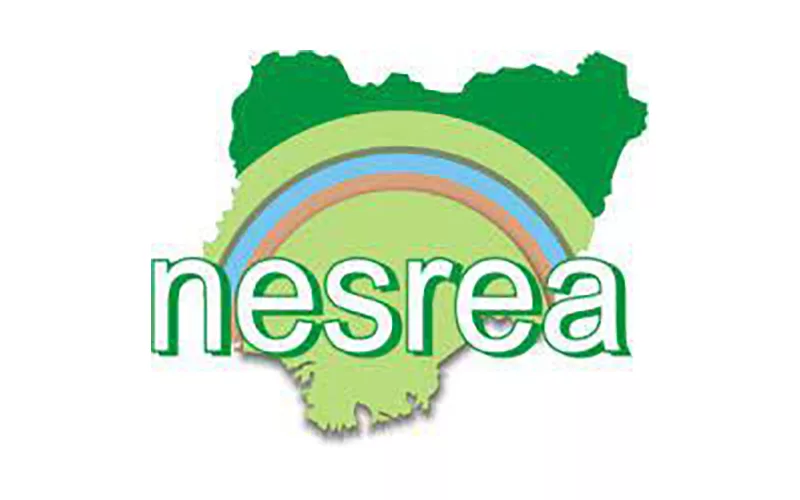Though the telecommunication industry has contributed immensely to the growth of the Nigerian economy, some of the activities at the base stations have led to pollution of the environment, the National Environmental Standards and Regulations Enforcement Agency (NESREA) has said.
This is even as he called on telecom operators to adhere strictly to environmental best practices, to avert the trend.
The director general/CEO, NESREA, Prof. Aliyu Jauro, who made the call at the one-day interactive session with the Telecommunication and Broadcast sector, organised by NESREA in collaboration with Nigerian Energy Support Programme (NESP), on Monday, in Lagos, said, some of the major concerns of the telecom sector are focused mostly at the Base Transceiver Station (BTS).
Jauro listed major concerns as oil spill from some generators and diesel storage tanks in BTS sites which can contaminate soil and ground water; some base stations violate setback (where the setback from the foot of the mast to the fence of the nearest residential building is less than 10 meters); lack of environmental friendly options for power such as solar panels, inverters, hybrid power systems and some telecom masts are not mounted according to global standard which has led to mast fall in some states, among others.
He disclosed that the agency has received reports of telecom operators giving out their used batteries and e-waste to unregistered collectors and recyclers, adding that, this practice has led to the pollution of the environment as well, with significant health challenges from crude handling of these products by unregistered recyclers.
“Batteries and e-waste at their end of life that are not quickly disposed in an environmentally sound manner, poses substantial risk to the workers and the environment. These challenges amongst others have led to the development of the National policy on Waste Battery Management as well as National Environmental (Battery Control) Regulations which will soon be gazetted. The purpose of the Regulations is to prevent and minimize pollution and wastes emanating from used batteries to the Nigerian environment and telecom operators will be expected to voluntarily comply with the provisions of the policy and the Regulations,” he added.
As part of the efforts to ensure proper handling of ULABs and E-wastes, Jauro said, Alliance for Responsible Battery Recycling (ARBR), E-waste Producer Responsibility Organization of Nigeria (EPRON) and the Producer Responsibility Organisations (PROs) for the sector, have been established.











